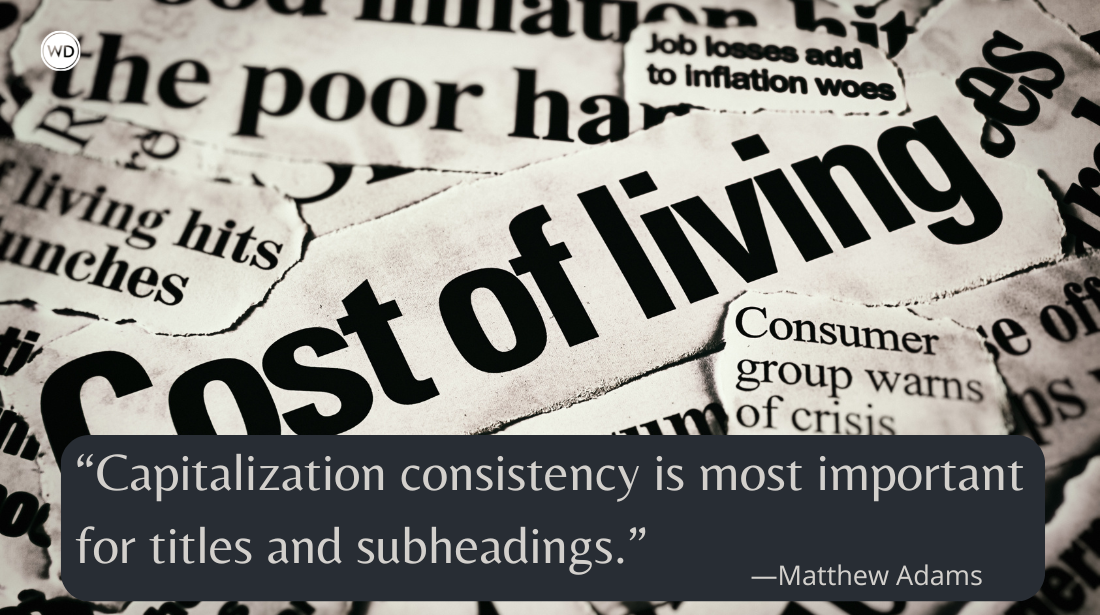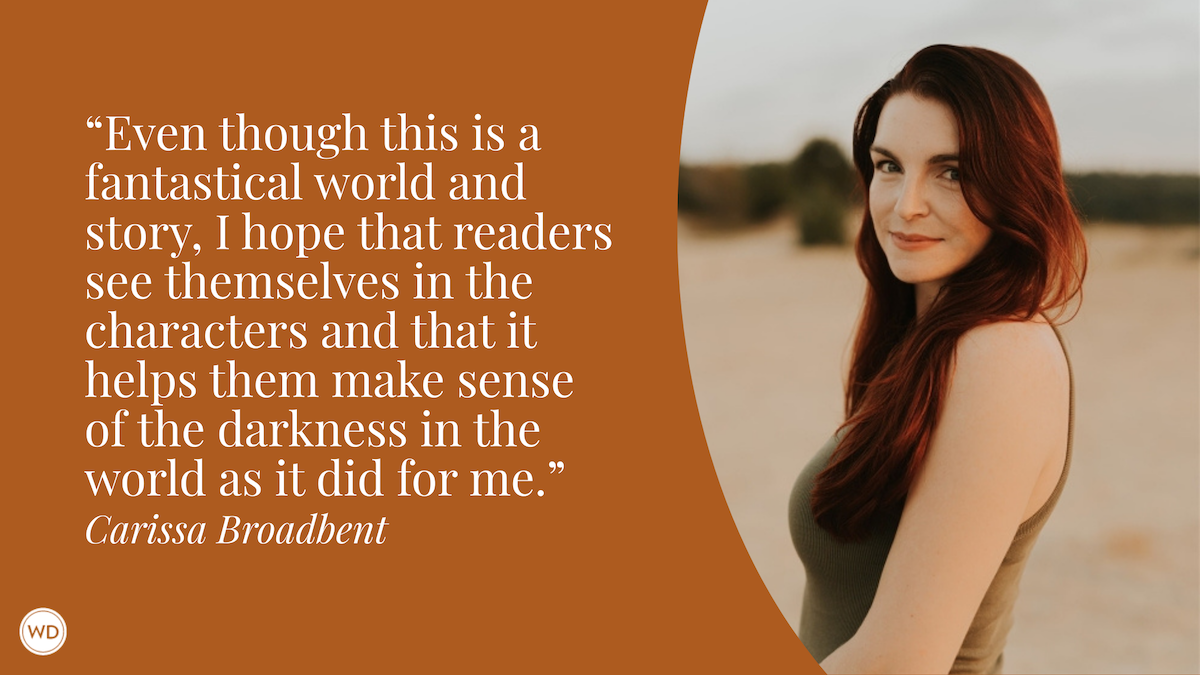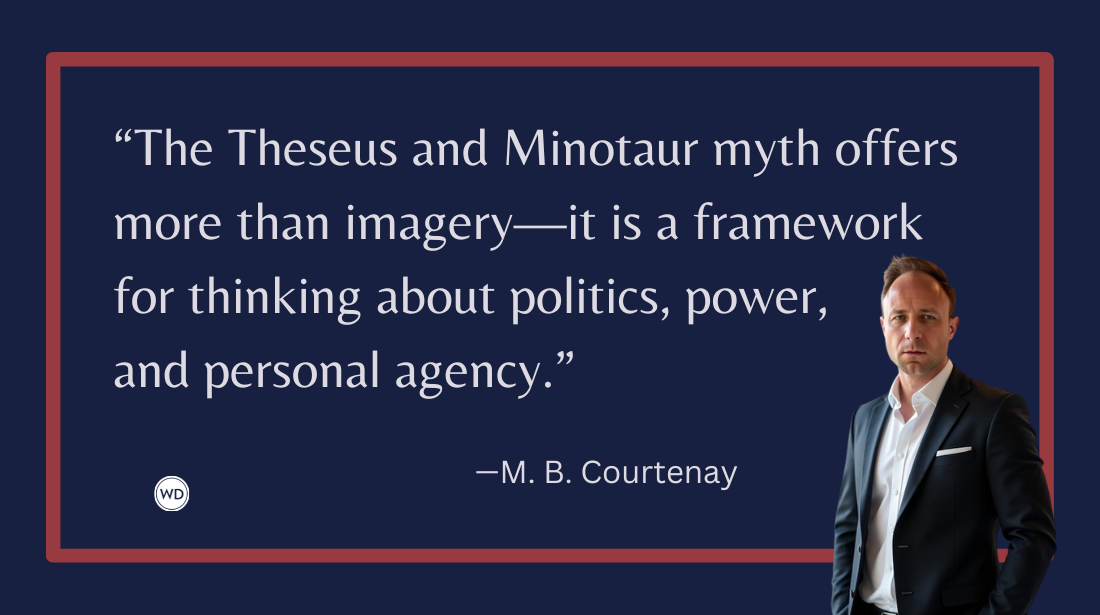21 Popular Mystery Tropes for Writers
Here are 21 examples of common mystery tropes for writers to consider and subvert when writing mysterious fiction.
There's nothing quite like a good mystery. As a child, I loved watching the exploits of Lieutenant Columbo on Columbo and Jessica Fletcher on Murder, She Wrote (which may have also romanticized writing for me as well). There's something so satisfying about solving a mystery, and mysteries intrinsically invite the viewer or reader to play along, which may make this the most interactive genre in fiction.
And mysteries are loaded with some very common tropes, whether it has to do with the suspects, the investigators, or the setting. These tropes can be useful for making a story feel comfortable, and a trope-aware author will use them to send readers down more than a few dead ends and false conclusions before finally landing on who did it...or not?
21 Popular Mystery Tropes for Writers
Here are 21 examples of mystery tropes for writers to consider and subvert when writing their evil antagonists, intuitive sleuths, and suspicious red herrings.
- Misjudged death. While not all mysteries are murder mysteries, most do start with a death. And often, that death is misdiagnosed as an accidental death, a suicide, or natural causes when, in fact, it is cold-blooded murder. Because things don't just happen in mysteries (except for when they do).
- Incompetent police. Related to the misjudged death trope, police are often drawing the wrong conclusions in mysteries. Even if the main sleuth is on the force, they're surrounded by incompetent (and often antagonistic) co-workers.
- Early suspect. The incompetent police take a glance at the scene of the crime and the evidence, and it's obvious who the murderer is. This early suspect is locked up, and the story is over...or is it? Of course, it's not. Either the early suspect is a red herring, or they're the...
- Unassuming suspect. The early suspect is locked up, but they have a strong alibi (or another murder happens), so they're not guilty, right? Not so fast in a murder mystery. Because mystery aficionados realize the least likely criminal is often the one who did it. This also goes for unassuming characters who are never considered suspects...but who ultimately did it anyway.
- Villainous victim. There are few mysteries juicier than one in which the victim is a person who was loathed by everyone who knew them, from their spouse to the local cashier. In these cases, there are so many murderous motives that the sleuth has to parse through to ultimately land on the real antagonist, who could be...
- Everybody did it. Is the murderer Person A, Person B, or Person C? There's no rule against making it all of the above (or two of the above). In fact, the multiple murderer trope can help the "early suspect" get off the radar. They can be working together or working independently (without knowledge of each other's nefarious deeds). Whether it's one or many doing it, don't ignore the possibility of...
- Multiple murders. We've already discussed how a second murder can clear a guilty suspect. But two (or more) murders also increases the tension in the story, because more people could be at risk of losing their lives. This increases the stakes for the detective and all the still-living people who don't want to bumped off.
- Stuck together. Another way to drive up the tension and stakes is to have your characters stuck together, whether it's a roomy home, a train, or an island. Throw in dangerous weather conditions that conspire to capture everyone together, and it's time to hurry up and find that murderer before another body turns up.
- Person with vital information gets it. Maybe the person was a witness or a co-conspirator. Or perhaps, the person knows about another version of a will that gives the inheritance to another person. Or maybe they know about a former relationship, past career, or (fill-in-the-blank). The point is that this person has vital information they're ready to deliver, but end up with a knife in their gullet or poison in their goblet.
- Killer plays with detective. This is an interesting one that more often happens with a person who's built up a reputation as a great detective. Their fame as a sleuth is like a homing beacon for bored baddies who want to perpetuate a crime that will leave the detective scratching their head. And they're often trickier to catch, because the antagonist doesn't have the normal motives: They're trying to win a game of chess against the detective.
- Detective team up. This trope usually features an energetic, by-the-book rookie detective butting heads with a seen-it-all, disillusioned veteran detective. Over time, they both learn to be more like the other (or at least realize that the other offers something that makes them both more successful).
- Detective suspect. Who is a more "unassuming suspect" than the detective? The answer is nobody. So it should be no surprise that this trope pops up from time to time to make the detective a suspect, often supported by the "incompetent police" who are jealous of the detectives uncanny ability to upstage them over and over again.
- Nosy reporter, neighbor, or fill-in-the-blank. These nosy characters sometimes turn into the actual sleuth. Or they become a help (or hindrance) to the actual sleuth. And, of course, they may also end up being killed...or the killer!
- Criminal consultants. The theory is "to catch a killer, you have to think like a killer." So who better to consult in a murder case than someone who committed murders? This is most often applied to the serial killer variety of mystery/thriller stories, but criminals can also give advice on bank heists and other crimes.
- Detective with substance abuse issues. Mystery fiction is littered with many detectives who drink to forget all the misery they've seen over the years. Or take drugs to help deal with their lack of family or friendship. Or to ease the pain of making that one mistake early in their career that haunts them to this very day. Speaking of which...
- History returns. This trope can go a few different directions. First, the detective may be forced into a case that reminds them of a previous mistake, and they now have a chance to get right what they got wrong in the past. Second, another character (a possible suspect and/or victim) has to face something from their past.
- Blackmail. Blackmail is one of the most used tropes in mysteries. That's because blackmail can be used in many different situations for several reasons. It can lead to someone being murdered, but it can also be used to get someone to vouch for another character's whereabouts at a certain time when the murder was committed. This, in turn, can create a "multiple murders" situation, because a "person with vital information gets it."
- Amnesia. The opposite of being a person with vital information is a person who can't remember any of the vital information because of amnesia. However, this person may not be safe, because they may remember something with enough time. And in really twisty mysteries, the thing they may remember is that (oh yeah!) they actually did it (duh!).
- Light bulb moment. This is the moment when all the puzzle pieces (or all but one) finally click into place for the detective. It's obvious they've narrowed the field down to one (or two) suspects, and they call everyone together for...
- The big reveal. This is that moment when the detective shares all the vital clues and puts them together to explain why Person M is the murderer. Of course, sometimes they use the big reveal as an opportunity to figure out that final clue that decides whether it's suspect A or B (or both!).
- Twist ending. And, of course, there's always the chance for a twist ending. The detective correctly identifies the killer, and everyone goes on with their lives with a sense of ease now that good has ferreted out evil. Only the detective was wrong, or only partially correct. Sometimes, the detective still gets the correct antagonist, but sometimes they don't.
Hope this list helps get you started. There are definitely more mystery tropes, and I'd love to know your favorites in the comments below.
*****
Writer's Digest University is pleased to present an exclusive online event for mystery & thriller writers! On March 25 and March 26, our 9th Annual Mystery & Thriller Virtual Conference will provide expert insights from SEVEN award-winning and best-selling authors on the finer points of how to write within the mystery and thriller genres. Spend the weekend learning techniques for honing your craft from seven different published authors, then (if you choose) pitch your novel via query letter to a literary agent specifically looking for material in the mystery or thriller genre.









